Hloahloeng healthcare system in crisis
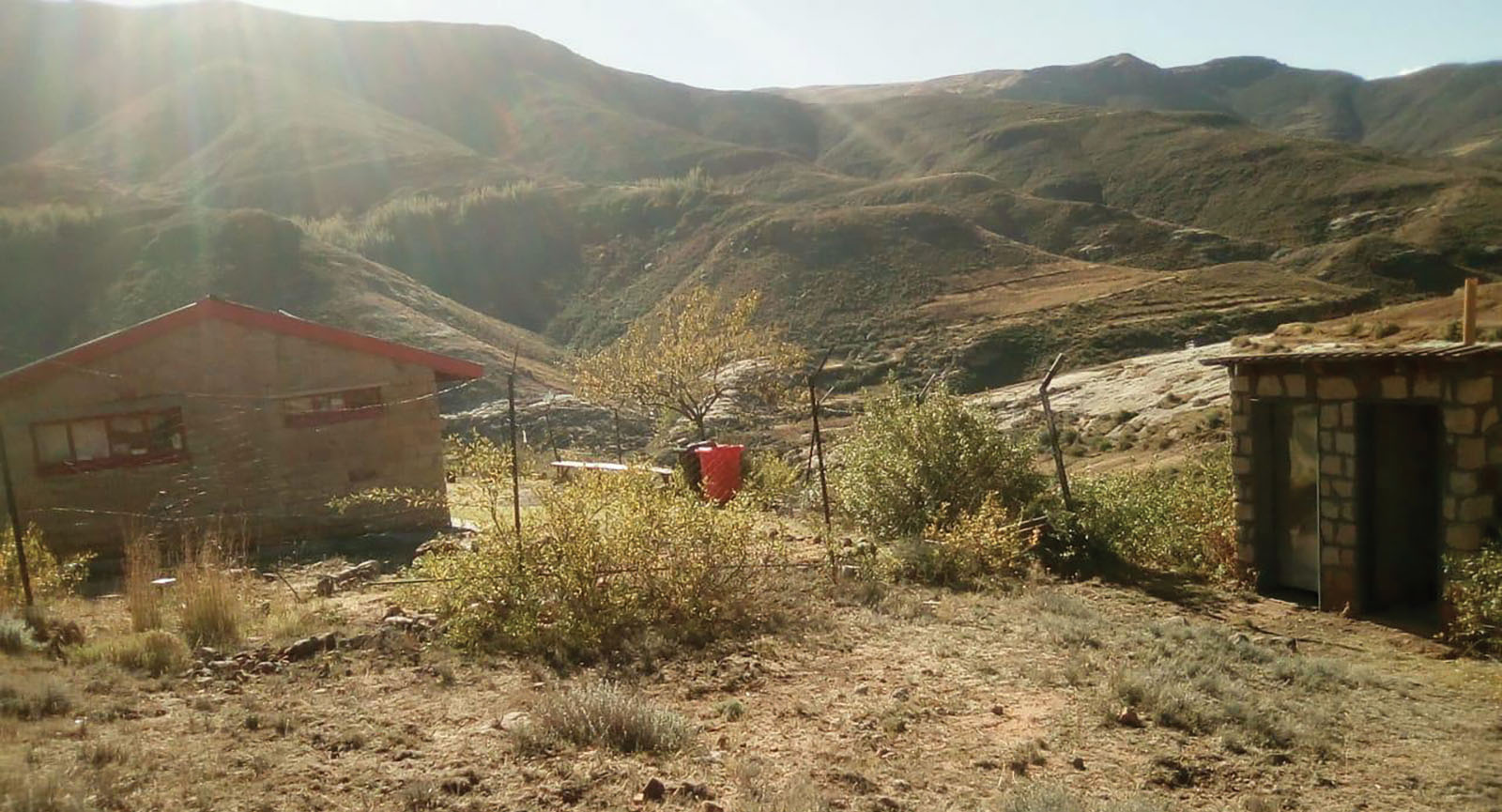
SHARE THIS PAGE!
The healthcare system in the secluded mountainous Hloahloeng constituency continues to face a crisis, as inadequate services, clinic closures, and a lack of resources leave residents facing life-threatening barriers to receiving medical care.
This has prompted experts to describe the absence of nearby health centres as a violation of people’s right to healthcare.
The situation in Hloahloeng came under the spotlight recently in the National Assembly, due to the persistent poor healthcare services provided in the region.
Hloahloeng, located in the Mohale’s Hoek district, is home to only a few clinics, some of which have closed down, resulting in tragic consequences, including unnecessary deaths and long travel times for medical care.
theReporter was told by Hloahloeng community council chairman Mokhethi Senyane on Tuesday this week that residents often have to travel up to eight hours to reach the nearest available health posts for medical consultation.
The Member of Parliament for Hloahloeng, Katleho Mabeleng, emphasised the need for additional health posts due in the vast size of the constituency.
Mabeleng noted that closure of two clinics and the lack of essential resources, such as electricity and proper accommodation for healthcare workers, are creating significant obstacles for both patients and medical staff.
“Nurses have to sleep in consultation rooms due to a lack of accommodation. Some nurses even have to hold their phone torches in their mouths to attend to patients in the dark due to the absence of electricity.
“Currently, the only functioning clinic in the constituency is Poriking Clinic, following the closure of Ha Phalo and Luma-luma clinics in 2022,” Mabeleng said in an interview with this publication.
He explained that the health posts were originally built by UNICEF and operated by the health ministry but have not been properly maintained. At Poriking Clinic, he said, the nurses are forced to sleep in the consultation and dispensary rooms, which are inadequate for both medical care and rest.
“The clinic is so basic that it can only meet the immediate needs of patients and the nurses, who sleep on the premises. When patients need to be admitted, the nurses have to ask the villagers for help,” Mabeleng explained.
The MP also shared a tragic incident in which a man with a serious medical condition was inadequately treated at Poriking clinic. Nurses, unable to provide proper care, attempted a procedure but failed to follow up adequately. The man’s condition worsened, and he died after a catheter fell off due to lack of proper attention. He was supposed to be referred to Ha Nkau Clinic, the main facility, but never made it there.
He further highlighted that when patients arrive at the clinic at dusk, they are often turned away due to a lack of available beds. He recounted a tragic incident where a patient, unable to secure accommodation in the village, lost their life.
“In the constituency of Hloahloeng, particularly in ‘Maletsunyane, long distances to health facilities have led to numerous cases where pregnant women give birth in the villages because they cannot reach healthcare centres in time,” he said.
Mabeleng also pointed out that the health post at Ha Phafoli is severely understaffed, with only two nurses available. One nurse is responsible for outreach programmes, leaving the other to handle consultations, dispense medication, and manage the clinic alone. This heavy workload often results in patients leaving without receiving medical attention.
He added that the healthcare situation in Hloahloeng has remained poor notwithstanding the demarcation of constituencies in 2022, with past governments failing to improve services.
‘Malenkoe Mankoenyane, a resident of Poriking Village, highlighted the issue of electricity, stating that it is a major problem in the area. Mankoenyane also noted that the services at Poriking Clinic are subpar, with the clinic having been without medication from January to the present. She also mentioned that only those in critical conditions receive services.
Meanwhile, the Minister of Health, Selibe Mochoboroane, has acknowledged the situation in Hloahloeng, agreeing that residents must walk long distances to access healthcare.
Mochoboroane confirmed that nurses lack accommodation and outlined plans for improvements.
“Looking at the situation in Hloahloeng, it’s true that people walk long distances to access healthcare. We are in the process of completing the refurbishment of some of the clinics in the country. With the 2025/2026 budget allocation, Qabane Clinic will be built from scratch; accommodation for nurses and a waiting mothers’ home will be available.”
He also mentioned that the ministry had conducted a mapping study to assess areas with limited health posts. The study, completed in three districts – Mafeteng, Maseru, and Thaba Tseka – will inform the next steps, including a report on areas lacking health posts, including Hloahloeng.
“Considering its topography, addressing all of Hloahloeng’s needs in one financial year will be challenging,” Mochoboroane admitted.
The Parliamentary Social Cluster Committee has previously expressed concern over the lack of professionalism at rural clinics, which jeopardizes the health of the community.
This transpired during a confrontation between the Ministry of Health and representatives from the Kuebunyane community in Hloahloeng, who had filed complaints regarding poor treatment at Kuebunyane Clinic.
The complaint stemmed from a March 16, 2022 incident in which a heavily pregnant woman was allegedly turned away from the Kuebunyane Clinic and forced to deliver her baby on the way to Qacha’s Nek Hospital.
The committee at the time vowed to hold nurses accountable for their neglectful behaviour, which it described as undermining trust in the healthcare system and putting human lives at risk.
The situation in Hloahloeng remains dire, with residents continuing to face inadequate healthcare services and a lack of support from both local and national authorities. Immediate action is needed to address the healthcare crisis and ensure that every citizen has access to the care they need.
In her 2025/2026 budget speech, Finance and Development Planning Minister, Retšelisitsoe Matlanyane, emphasised the importance of the health sector, which has been allocated M3.1 billion. She underscored that healthcare is crucial for public well-being, ensuring access to quality services, and improving the overall quality of life for citizens.
Matlanyane stressed that quality of life is a multifaceted priority requiring seamless coordination between infrastructure development, technological innovation, economic policies, and social programmes aimed at enhancing national well-being. He assured that relevant government ministries will collaborate to strengthen the health sector.
She further stated that, in line with the national priorities outlined in the Extended National Development Strategic Plan (NSDP II) 2023/24–2027/28, efforts are focused on reducing morbidity and mortality rates while striving for universal health coverage.
“As we continue to tackle the burden of both communicable and non-communicable diseases, we are committed to taking bold steps to enhance health services and innovation across the nation,” Matlanyane said.
Meanwhile, the Coordinator of the Health, Education, and Social Development Commission at the Lesotho Council of NGOs, Sebabatso Ntlamelle, stressed the need for increased access to healthcare services as a fundamental human right. She pointed out that in areas lacking health posts, the government often resorts to outreach programmes to provide healthcare access.
“Health posts are crucial in underserved areas where people struggle to access healthcare services,” Ntlamelle said.
She called for improved primary healthcare services, noting that many individuals cannot reach health centres due to the long distances involved.
“The absence of nearby health centres violates people’s right to healthcare, as outreach programmes occur infrequently and do not adequately meet the needs of the population,” she added.
Ntlamelle further pointed out that when there is no implementing partner in a given area, residents are left vulnerable. She called for the establishment of more health posts but acknowledged that deploying nurses to remote areas remains a challenge due to accessibility issues.
“We continue to advocate for the establishment of health posts in underserved areas. However, this requires action from the Ministry of Health, as nurses must be deployed, and many are reluctant due to the challenging conditions in these regions,” she concluded.
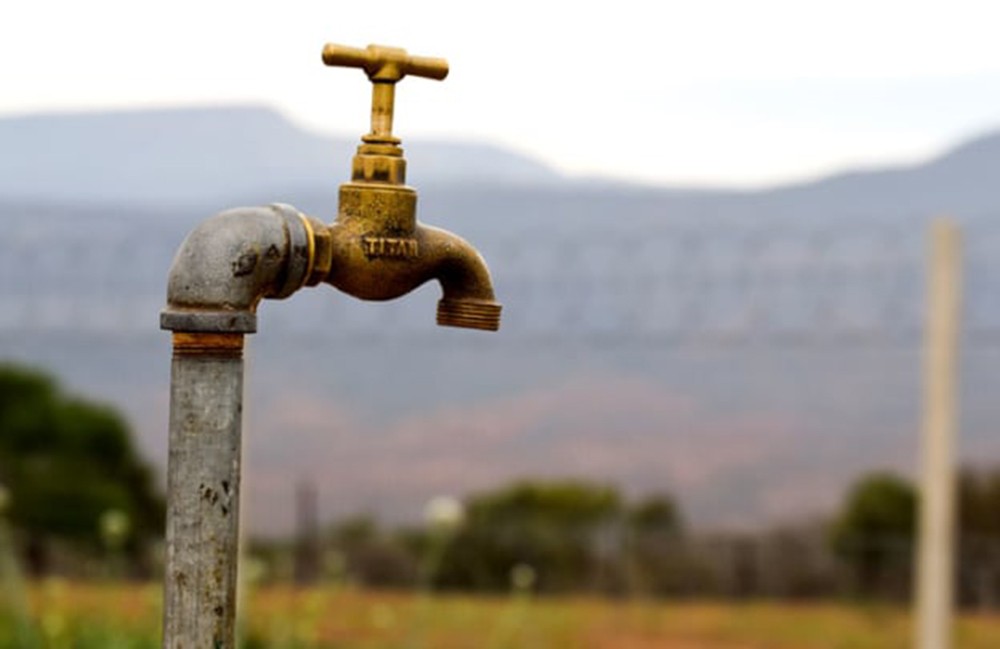
WASCO opposes Mafeteng community lawsuit
23 minutes ago
Matala court resolves debt dispute
28 minutes ago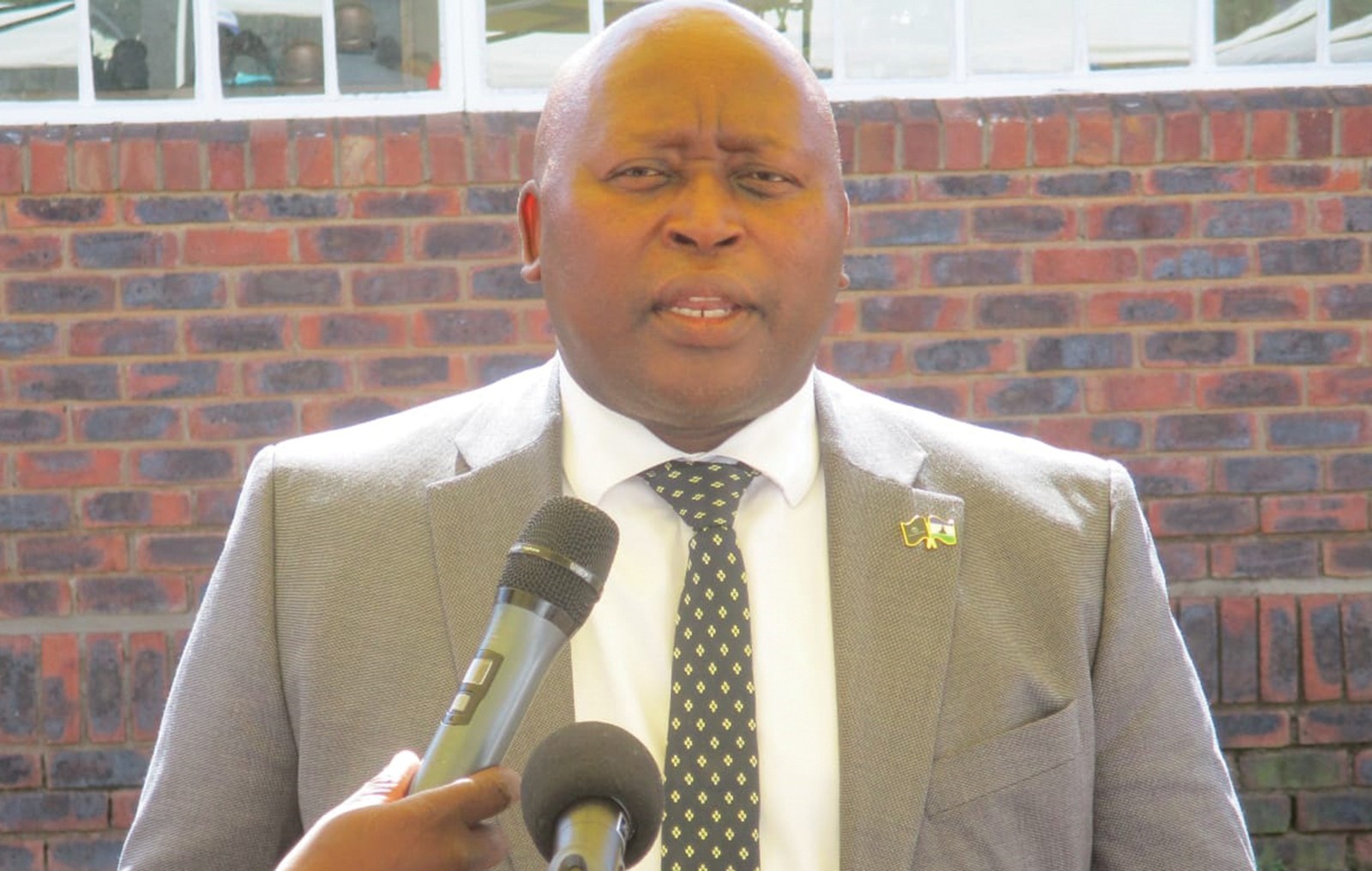
Govt lobbying for AGOA renewal
39 minutes ago
LDF retirement Bill sparks outcry
44 minutes ago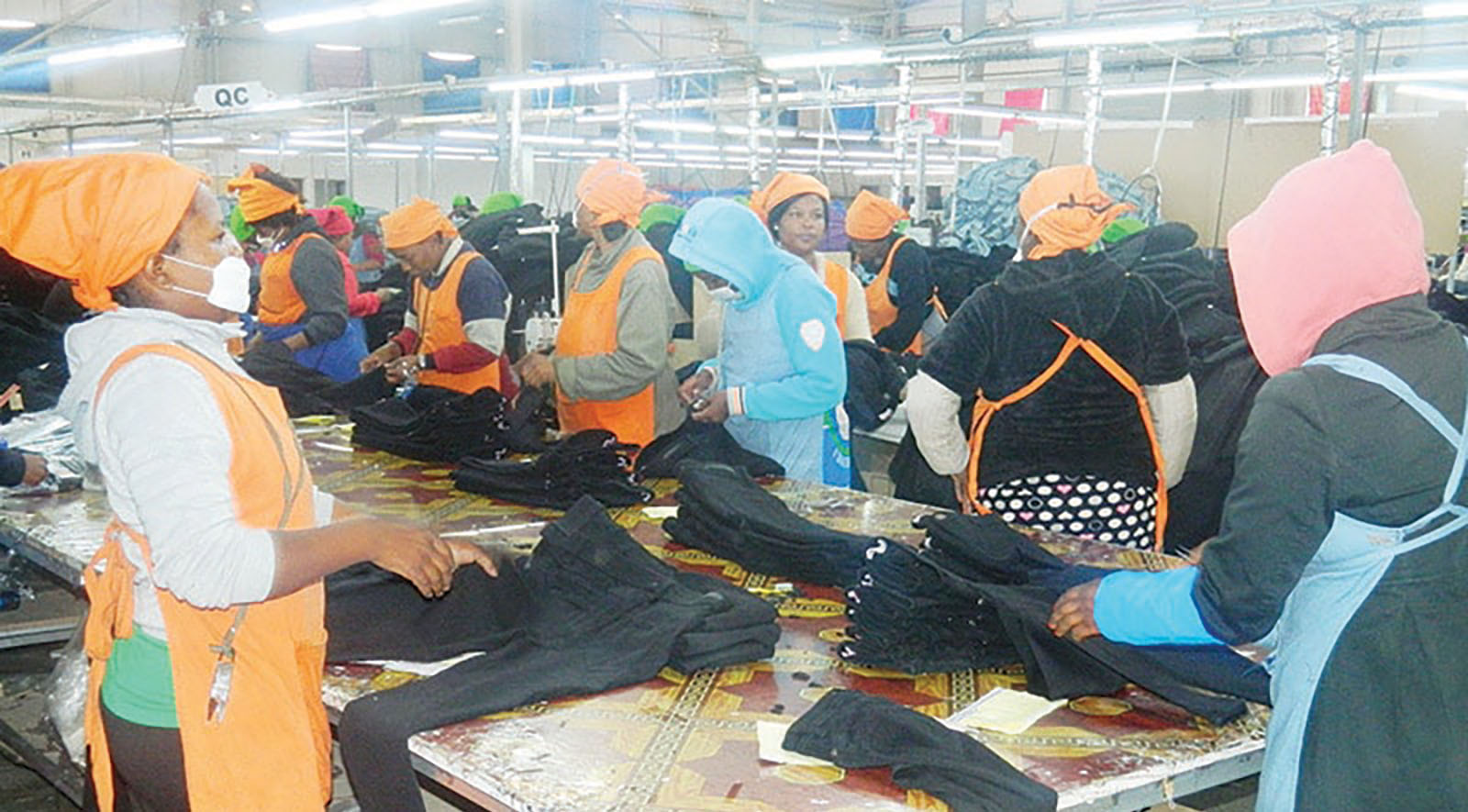
More job losses at textile factories
an hour ago
Innovator pioneers AI use in film industry
an hour ago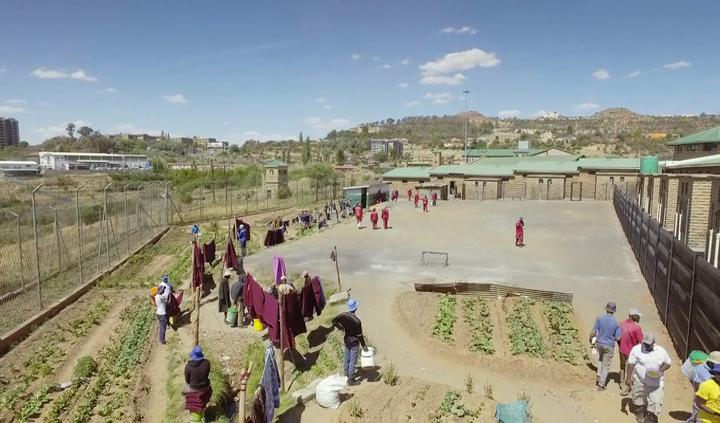
No parole for prisoners
an hour ago
Nthebe launches financial advisory firm
an hour ago
RSL exceeds revenue target
an hour ago
A day in the wine world
an hour ago